Lanterne Rouge? Yes, it can be the red light on the last car in railway train, in the dark there to let yardmen, roustabouts, and switchers know that is the final car. It can indicate a doctor’s late night surgery in some countries, and…., well, you know. (I only know from movies.)
In this case, none of the above!
The Lanterne Rouge is the last rider to finish the Tour de France, and Max Leonard, himself a cyclist, wondered how those losers felt about being last.
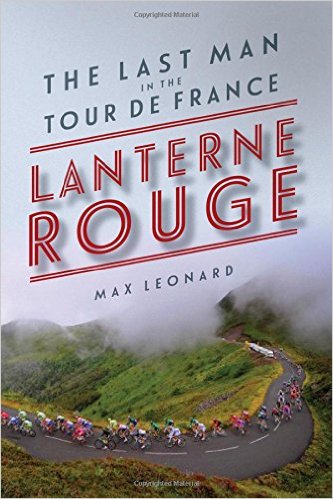
I am glad he did, because their lives, races, and attitudes are varied, intriguing, and represent much of the Tour de France at its best and at its worst. Moreover, Leonard has a light touch with self-deprecating humour, as he rides them down.
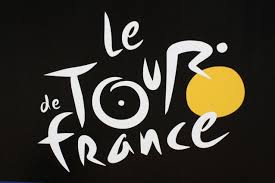
Perhaps the most important point made is that to finish last in the Tour de France is not losing!
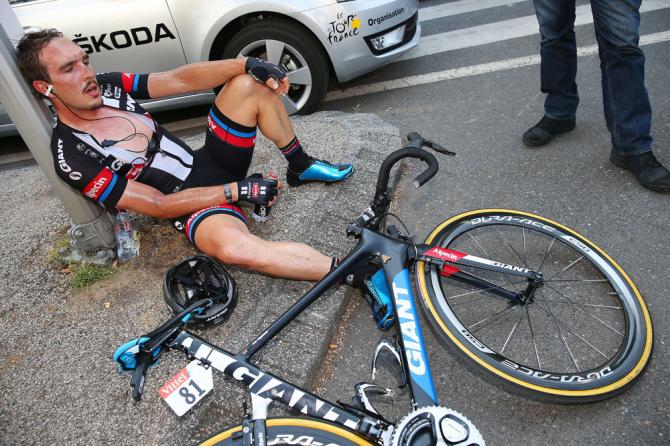
Counter-intuitive, but true all the same.
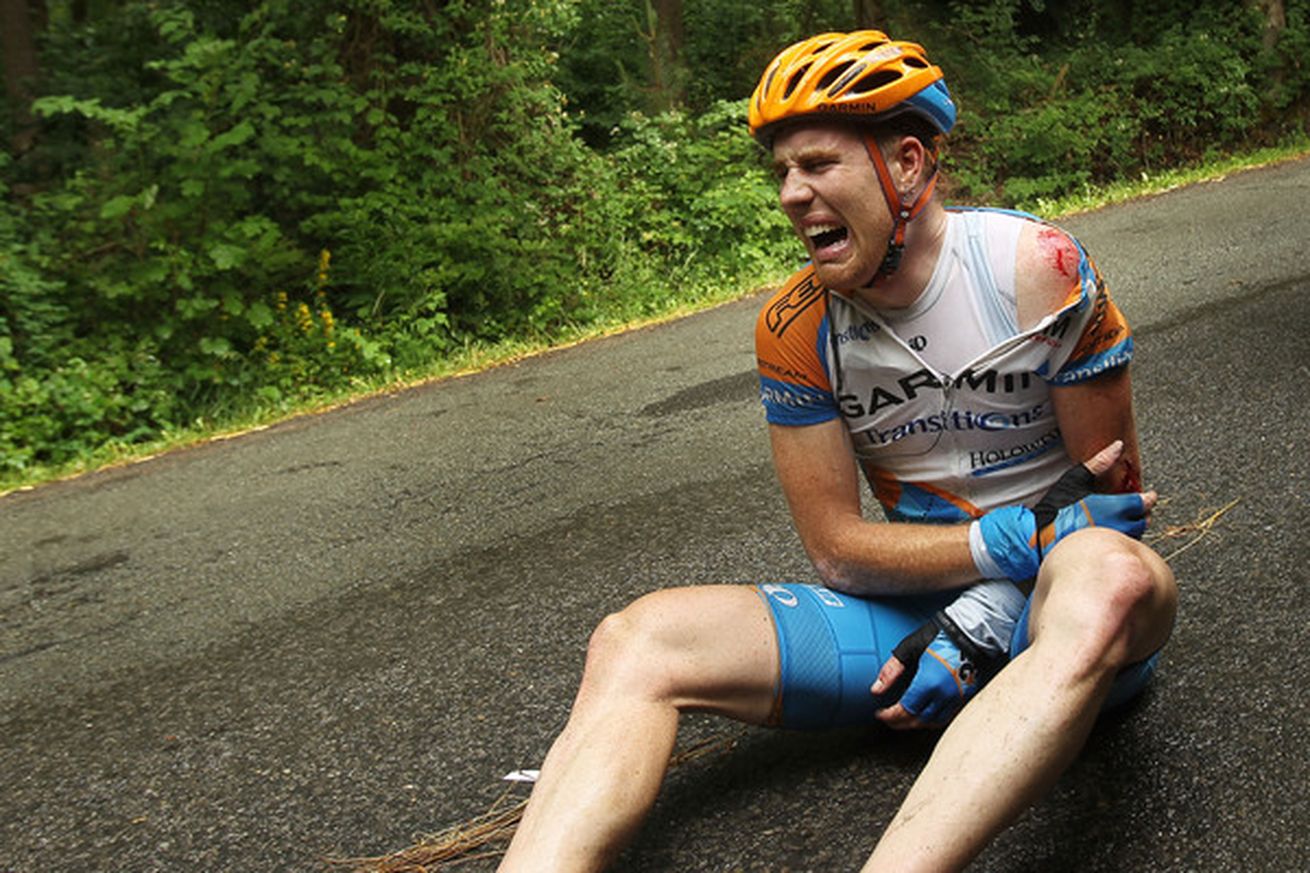
When one Spanish rider was asked by a boneheaded journalist, is there any other kind, how he felt about finishing last, this was his reply: ‘One hundred and ninety-eight riders from the cream of world cycling started the Tour and I finished (stress, finished) at 120.’
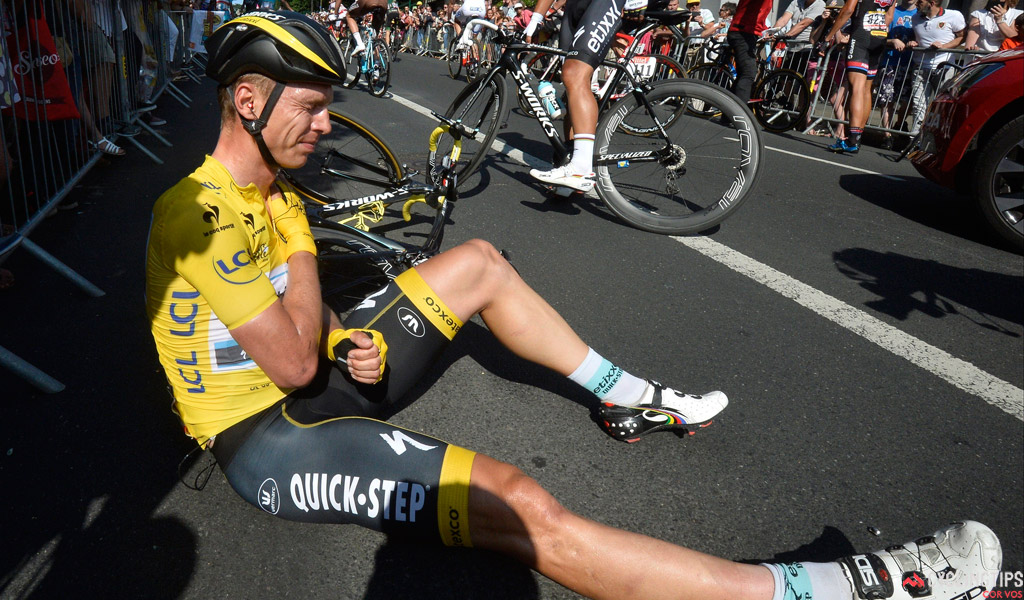
Explanation: Seventy-eight others did not finish, but he did. To do so he had to make the time cutoff each day to stay in the race, not easy that, period. He coped with mechanical breakdowns and stayed in the race. He managed injuries from falls and stayed in the race. All the while he performed his role on the team, carrying water bottles for others and pacing the sprinter. He climbed the mountains in the Pyrenees and the Alps, endured the individual and team time trials, pedalled the long flats, and coped with the weather. Hard. Hard. Hard.
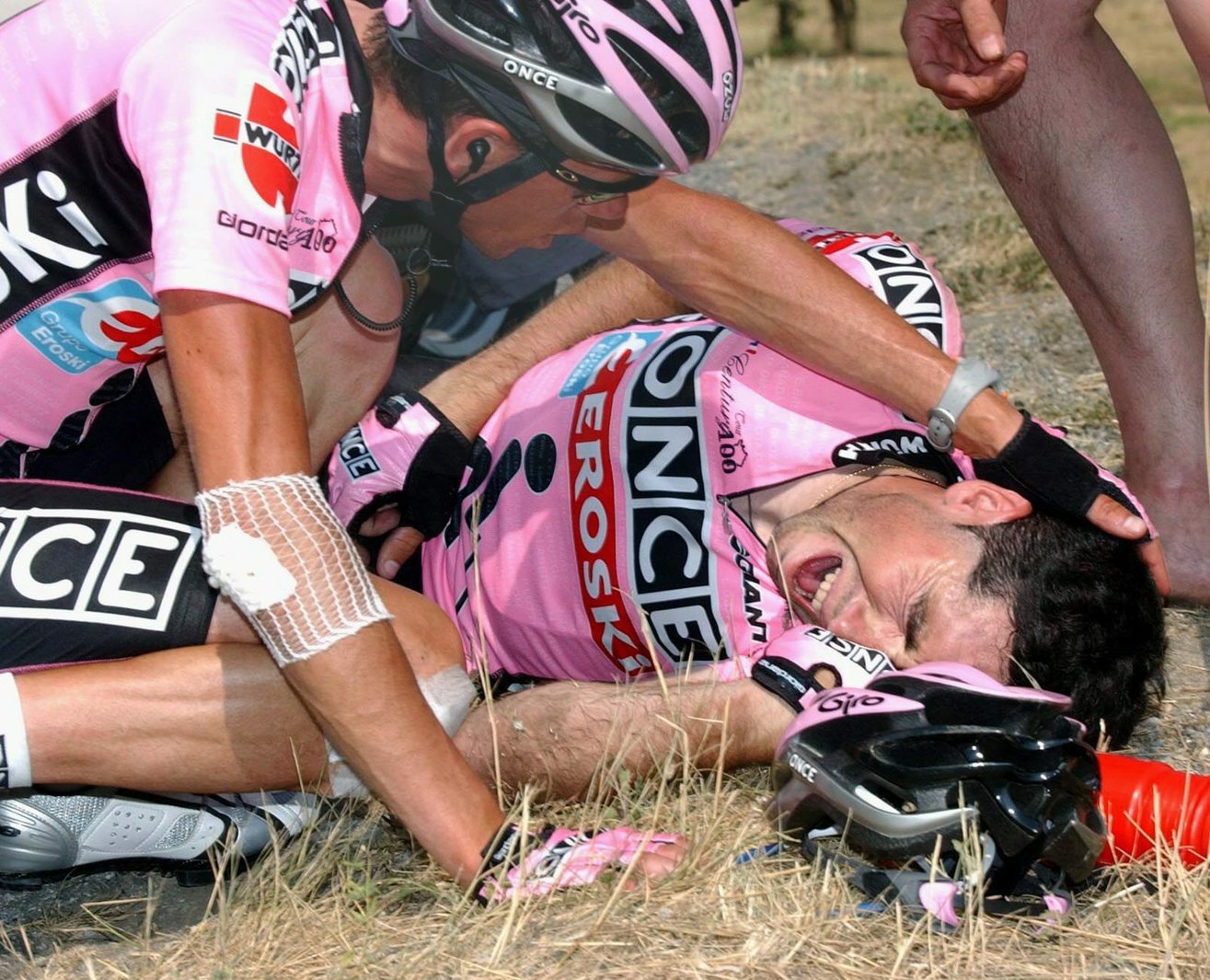
It is a theme that recurs. Finishing is itself a triumph, over the elements, over the odds, and over one’s own weakness, capped by a roll down the Champs Elysee with family and friends on the sidelines among the 100,000 spectators and millions more on television!
Sometimes it is a triumph over injury, as one Lanterne Rouge rode the last eight days in a neck brace, others with enough stitches to bring tears to one’s eyes. All of them overcame the inner voice that urged them to quit on the slope of L’Alpe d’Huez, half-way through a 60-kilometer time trial, while riding last through a parallel rain storm off the Atlantic, or on a hairpin-turn descent. For many it was the dream of lifetime fulfilled to ride in the Tour and to finish. Period.
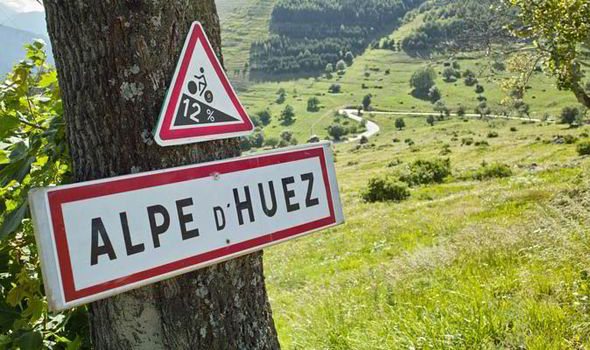
Further proof, be it needed, is in the person of Jack Durand, who finished last and yet stood on the winner’s podium on the Champs Elysee! Huh? He was awarded the medal for the Most Competitive Rider.
Through the three weeks of the Tour he led one attack after another, on climbs, in the flat, against the wind, through tunnels, often alone. On some days he led the field for a 50 kilometres. Some of breakaways produced a gap of 12 minutes. Some days he pedalled quietly in the peloton. He was unpredictable and explosive. His post mortem was this: ‘Everyday I ride to win. Against such champions as gathered for this race, I have to beat them mentally with breakaways.’ Indeed he did win a stage in that tour.
Then there is Phillipe Gaumont who became a (barely) riding chemistry laboratory. He surrendered to Dr Alchemy, and rode on Belgian Pot, a concoction of cocaine, blood stimulants, and anything else lying around the laboratory. As he slowed down, he took more needles, the syringes taped to his ankles inside his socks. The effect was curvilinear, at first he was stronger, then he plateaued, and then he slowed, as he slowed, he shot up ever more drugs in the hope of regaining speed, but instead that slowed him down even more and he could barely finish. Thereafter he broke down, and shortly thereafter told all in a memoir. He died at 44, surely the chemical soup hastened the end.
 Max Leonard
Max Leonard
These stories illustrate the material. In its one hundred editions, there has always been a Lanterne Rouge, and there are more of their stories in the book. There are many ways to be a lantern rouge in life and it does not mean being a loser. There is a moral in there somewhere.
